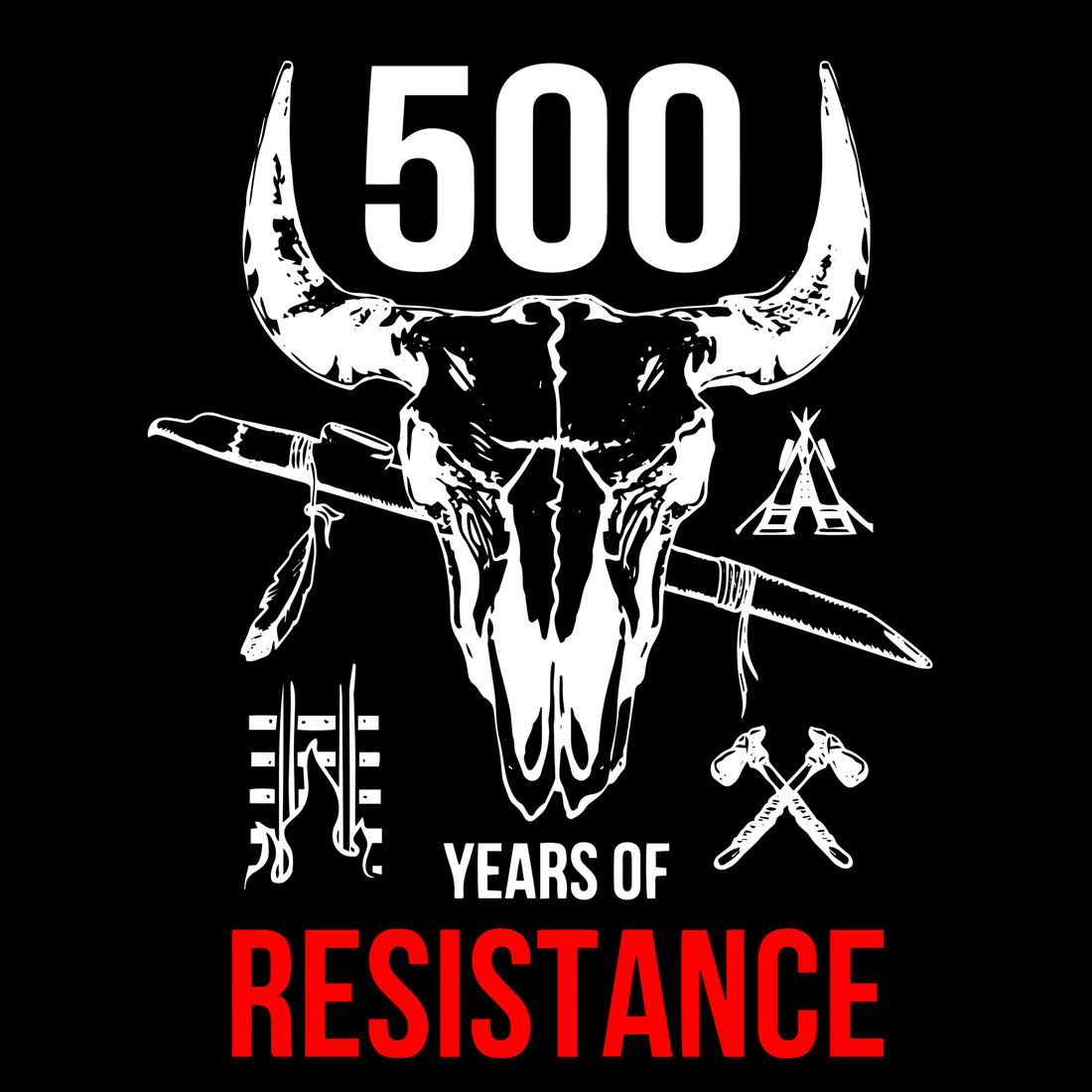The Impact of Colonialism: A Haunting Chapter in Indigenous History
The dark legacy of colonialism casts a long and haunting shadow over the history of Indigenous communities. It is a chapter marked by colonization and the subjugation of Indigenous peoples. However, within this narrative of struggle and adversity, a powerful story of resilience and resistance emerges. Over five centuries, Indigenous peoples have risen, reclaiming their heritage, asserting their rights, and spearheading modern movements in their ongoing pursuit of justice and empowerment.
The Dark Legacy: Cultural Suppression, Forced Assimilation, and Dispossession
With the arrival of European settlers, an era of cultural suppression and forced assimilation unfolded. Indigenous cultures, languages, and traditions bore the brunt of relentless targeting, resulting in immense loss and deep scars within Indigenous communities. *Dispossession of Land and Sovereignty*: The imposition of colonial governance undermined Indigenous sovereignty, leading to the dispossession of ancestral lands and the fragmentation of Indigenous communities. Broken treaties compounded the injustices faced by Indigenous peoples.
Starvation Tactics and Biowarfare: Deliberate Acts of Violence
In addition to cultural suppression and land dispossession, colonial powers employed insidious tactics such as starvation and biowarfare to decimate Indigenous populations. Indigenous communities were intentionally deprived of vital resources, leading to widespread hunger and suffering. The introduction of diseases to which Indigenous peoples had no immunity caused devastating epidemics, further eroding Indigenous cultures. These deliberate acts of violence and biological warfare inflicted immeasurable harm, leaving lasting scars on Indigenous communities.
The killing off of the buffalo was a deliberate and devastating tactic employed to starve the Plains Cree and other Indigenous communities. This systematic eradication of the buffalo population aimed to disrupt the traditional way of life and force Indigenous peoples onto reserves, ultimately stripping them of their independence and self-sufficiency. The buffalo, a vital source of food, clothing, and shelter, held deep cultural and spiritual significance for the Plains Cree. By severing their connection to this sacred animal and depleting their main food source, colonial forces inflicted immense suffering, hardship, and hunger upon the Plains Cree, exacerbating the impacts of colonization.

The Seeds of Resistance: Early Acts of Defiance
Early acts of resistance laid the foundation for future Indigenous movements. From the Pequot War to the Pueblo Revolt, Indigenous communities fiercely defended their lands, cultures, and ways of life against colonial encroachment.
Indigenous Leaders and Defiance: Inspiring the Fight for Justice
Courageous Indigenous leaders emerged as beacons of resistance against colonialism, inspiring their communities and sparking movements of defiance. Figures like Sitting Bull, Big Bear, Poundmaker, Pretty Nose and Geronimo stand as iconic examples of Indigenous leaders who defied oppressive forces. These leaders staunchly defended Indigenous rights, sovereignty, and land. They're resistance against colonialism is reason why we are here today, our ancestors paved the way for future generations. This is our fight now.
Resilience and Cultural Revitalization: Reclaiming Heritage and Identity
Despite relentless attempts to erase Indigenous cultures, communities displayed extraordinary resilience. The preservation of languages, traditional arts, and ceremonies became symbols of cultural pride and identity. Indigenous youth have taken a leading role in reclaiming and revitalizing their ancestral languages, engaging with cultural education and heritage centers, and actively participating in Indigenous-led education initiatives. They are also harnessing the power of digital media and technology to amplify Indigenous voices and preserve cultural heritage. Through intergenerational knowledge transfer, youth forge deep connections with elders, honoring traditional knowledge and inspiring future generations.
Modern Indigenous Movements: Red Power, Idle No More, and Water is Life
The Red Power movement, rooted in the 1960s and 1970s, called for Indigenous rights and self-determination. Activist groups like the American Indian Movement (AIM) protested discriminatory policies, reclaimed sacred sites, and raised awareness about the challenges faced by Indigenous communities. The Idle No More movement, emerging in recent years, mobilizes Indigenous communities and allies to advocate for environmental justice, Indigenous rights, and self-determination. It emphasizes Indigenous sovereignty, land stewardship, and cultural resurgence. The movement gained significant momentum during the protests against the Dakota Access Pipeline at the Standing Rock Indian Reservation, bringing together Indigenous nations, environmental activists, and allies. Water is Life, another powerful Indigenous-led movement, emphasizes the connection between water, life, and the protection of Indigenous lands. Activists like Autumn Pelt ier have passionately advocated for clean water access and the protection of water sources from pollution and exploitation. These movements have galvanized global attention, highlighting the devastating impacts of colonialism, resource extraction, and environmental degradation on Indigenous communities.
The Way Forward: Reclaiming Indigenous Empowerment
The way forward lies in acknowledging the past atrocities committed against Indigenous peoples and working towards restitution and justice. Restoring lands and resources, supporting Indigenous-led initiatives, and celebrating Indigenous voices are crucial steps towards a more inclusive and equitable future. By learning, unlearning, standing up for what's right, using our voice and platforms, and teaching the youth, we can create the changes needed to honor the resilience and vitality of Indigenous cultures. Together, we can ensure that Indigenous peoples reclaim their rightful place, where their cultures thrive, and their rights are unequivocally upheld.
At Decolonial Clothing, we strive to amplify Indigenous voices and support Indigenous empowerment and revitalization. We honor the legacy of 500 years of resistance and stand in solidarity with Indigenous communities in the ongoing pursuit of justice and self-determination. Together, we are creating a more inclusive and equitable world, where Indigenous cultures flourish, and the wounds of colonialism begin to heal. We acknowledge that the journey ahead is a collective one, and we invite you to join us on this transformative path.


4 comments
I’m with you all ✊🏽🪶🙏🏼🙏🏼🙏🏼🙏🏼🙏🏼 Sisters
Trying to order a red hoodie, I think I’ll need my teenage daughter to help as we’re in England and I’m old and confused. What else can we do to help from here?
Finally a brand I can relate to. Congratulations on your initiative, wishing you all the success and happiness. #cremation
keep up the good work and move forward